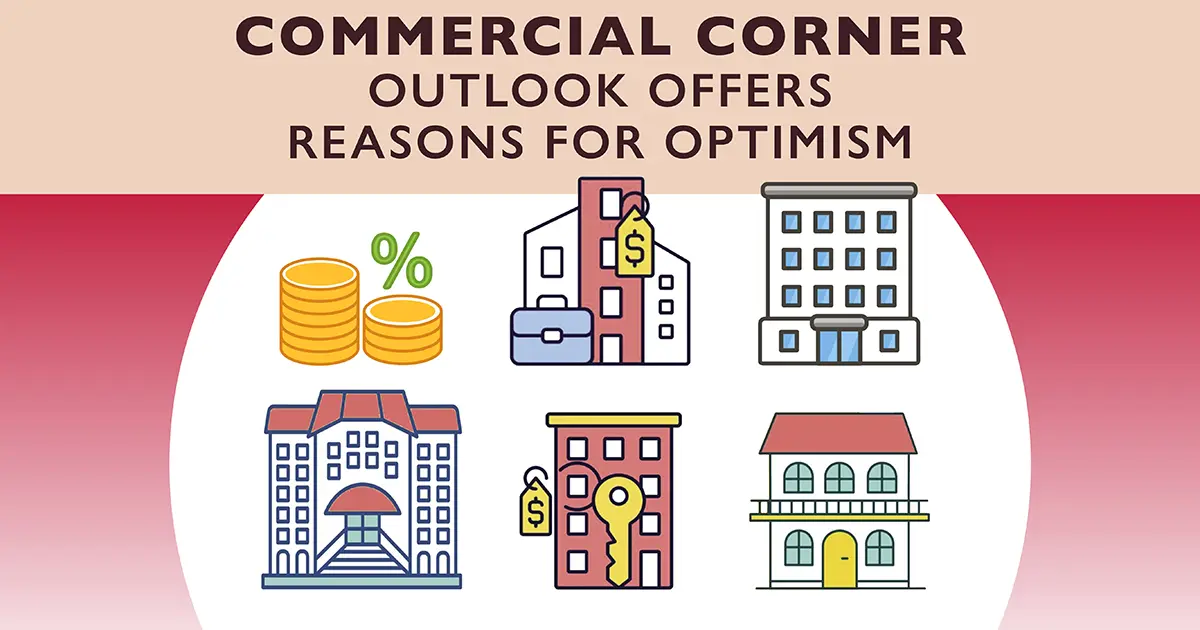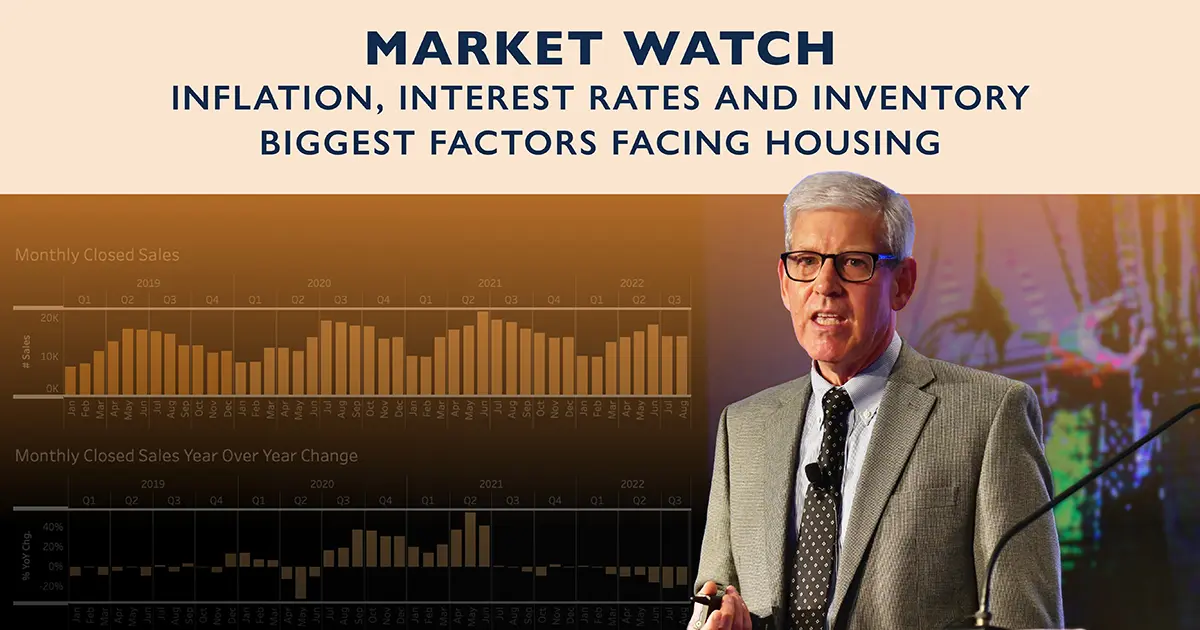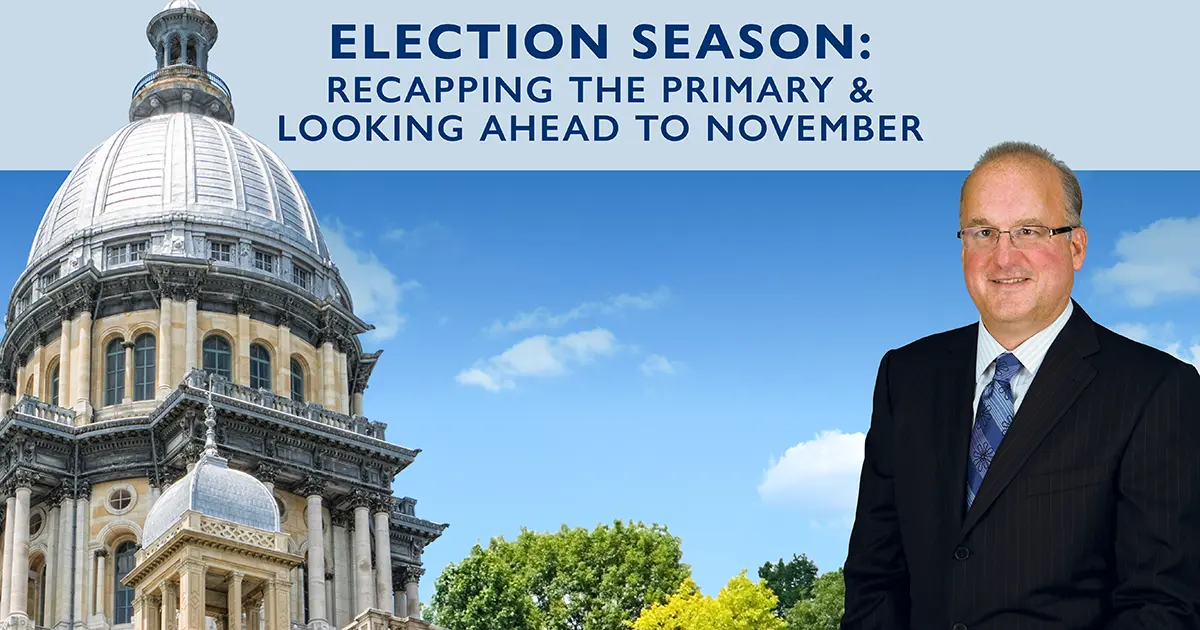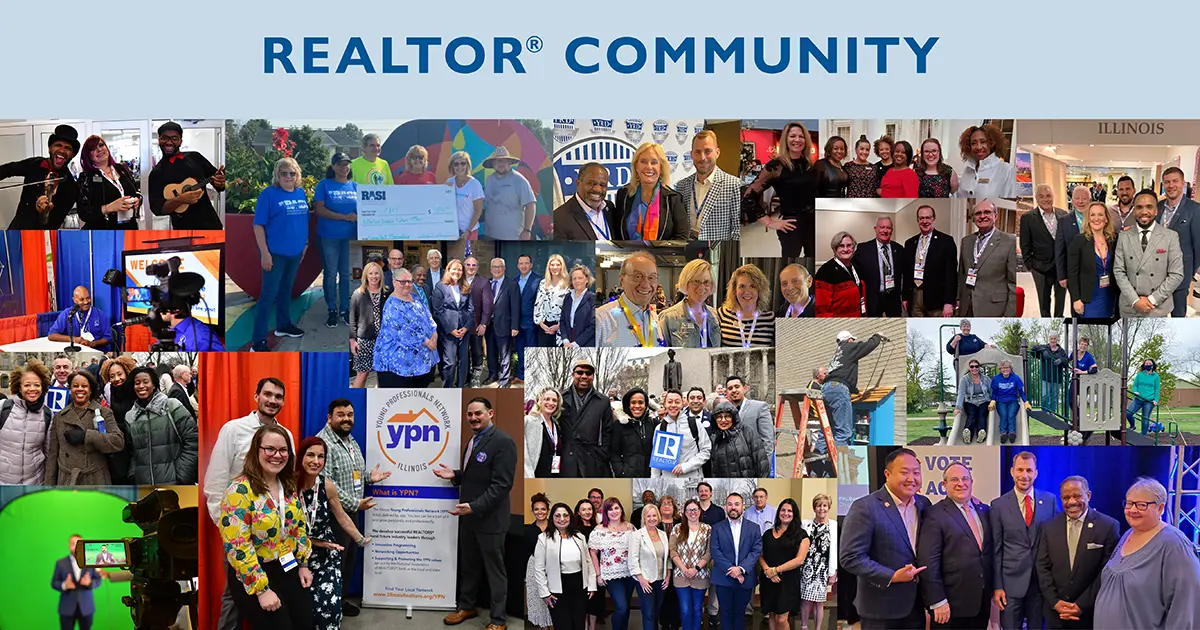In May 2022, Gov. J.B. Pritzker also signed a bill which amends the Illinois Human Rights Act to ban discrimination in housing based on source of income, including income such as housing choice vouchers (HCVs), sometimes referred to as Section 8 vouchers. This change becomes effective on Jan. 1, 2023.
Many Illinois landlords and property owners are wary about the prospect of having to accept HCVs. In many cases, landlords or property owners have adopted the mistaken belief that opening their doors to Section 8 tenants leads to accepting tenants they might otherwise reject. The HCV program seems to carry with it a certain stigma or impression that the housing program is “bad.” There are actually many advantages to participating in HCV programs and some of the information provided within may shed light on the advantages to housing providers and tenants.
First, it is important to realize that HCVs are not handed out without significant effort required by the applicants. Participants are required to go through an arduous process and meet several requirements to qualify. Applications must be made through a local public housing agency (PHA). Applications are detailed and request a significant amount of personal information. The PHAs receive federal funds from the U.S. Department of Housing and Urban Development (HUD) to administer the voucher program. PHAs then evaluate the applicants before accepting them into a voucher program.
Eligibility for a housing voucher is determined by several factors. During the application process, the PHA collects information on annual income, assets and family composition. The PHA will verify all information from the applicant with local agencies, the applicant’s bank and their employer. If the PHA determines an applicant is eligible, their name will be placed on a waiting list. In some cases, the wait to receive the HCV may be up to two years due to a lack of funding and an increased demand for affordable housing.
Once applicants are accepted into the HCV program, there are still hurdles to finding housing. They must then find housing that accepts HCVs and meets program requirements, including a physical inspection by the PHA. Under most HCV Programs, tenants will typically pay 30 percent of their monthly income toward rent, where the HCV is intended to cover the rest.
The advantages to accepting HCVs are:
There are a few, comparatively minor, disadvantages to working with housing choice vouchers. The process of working with the PHA to get housing approved for the program can be challenging. In order to be approved, the property will need to meet acceptable health and safety codes. A positive note is that where a housing provider keeps up with maintenance and repairs, there should be no problems. Once approved, the property will also need to be kept up to standards to pass annual inspections. Although some may see these requirements as cumbersome, well-maintained properties serve to benefit local communities and neighborhoods.
The amendment to Illinois law will provide a positive impact by ensuring a more just and equitable housing market across the state.







